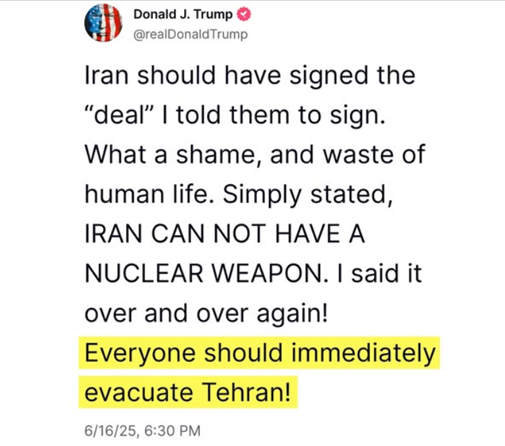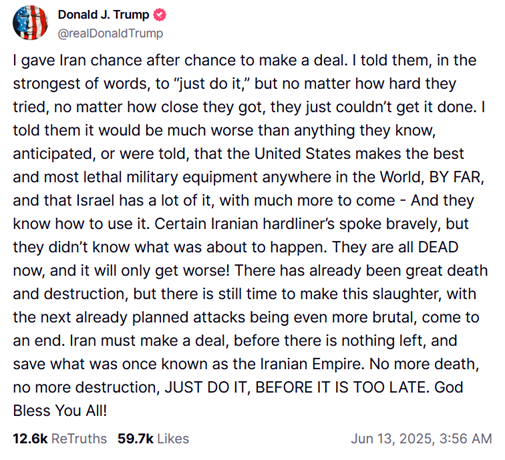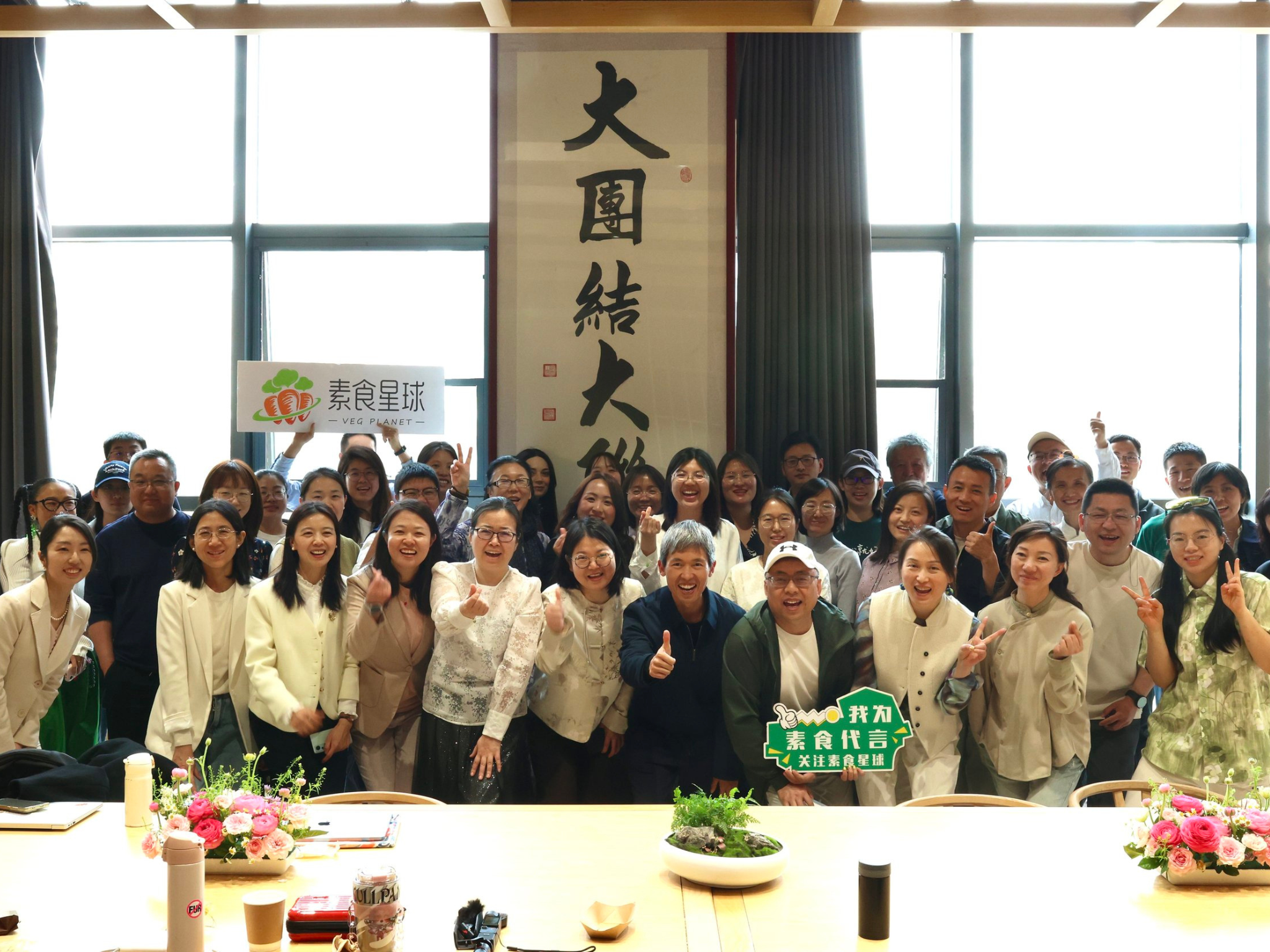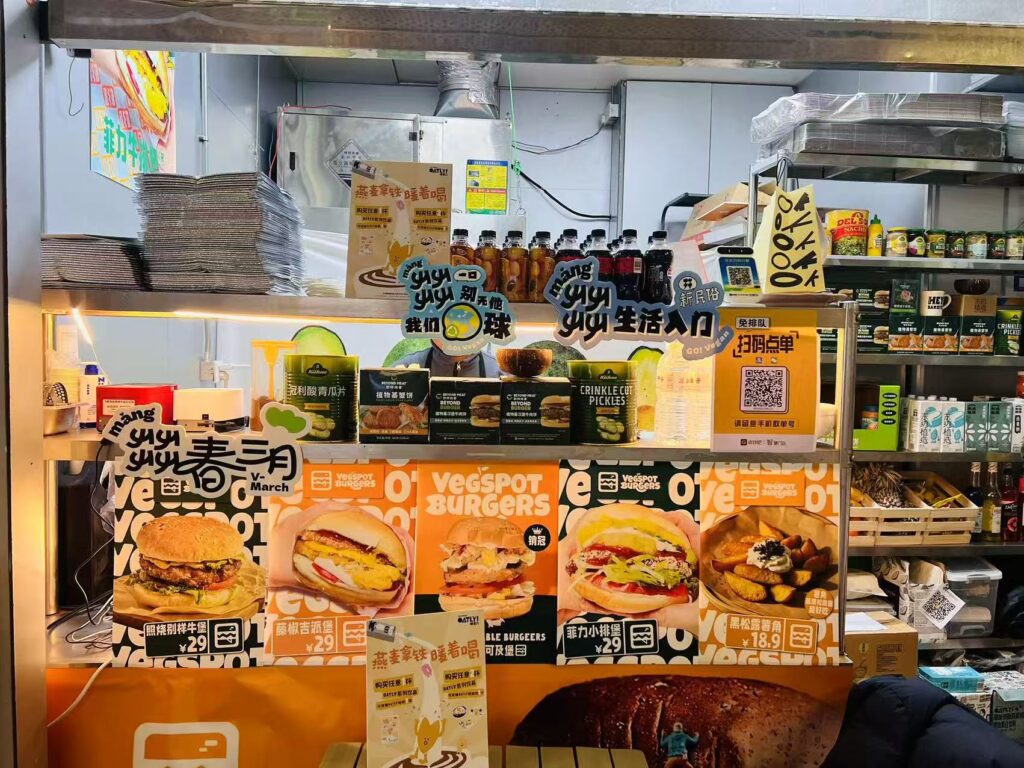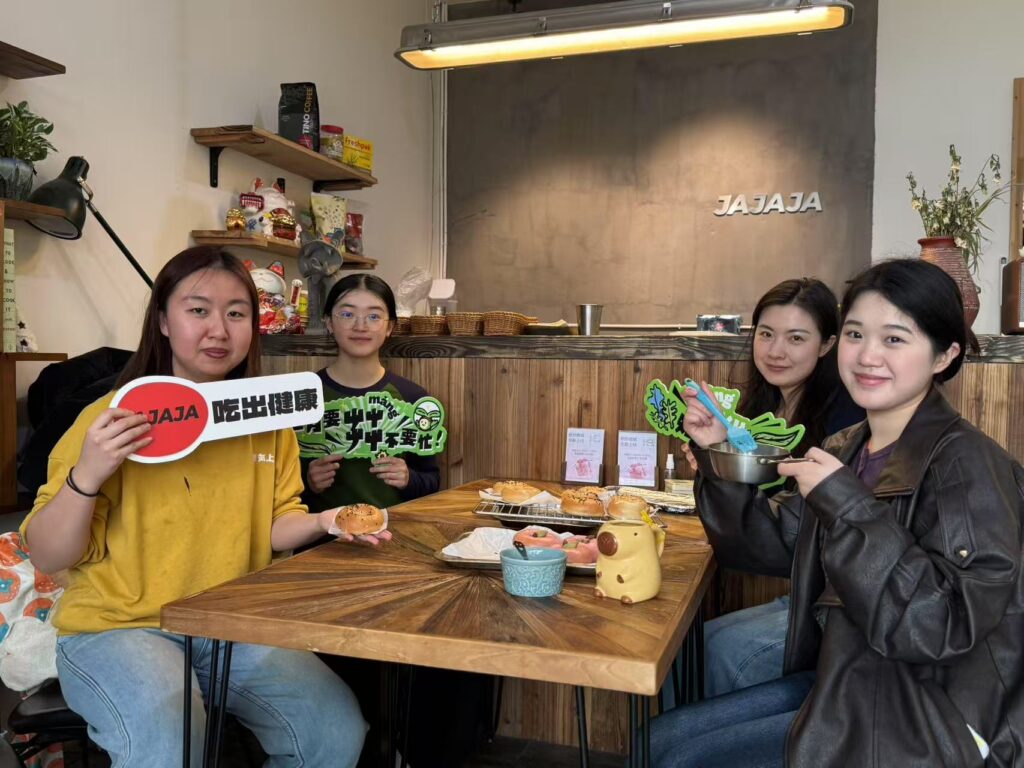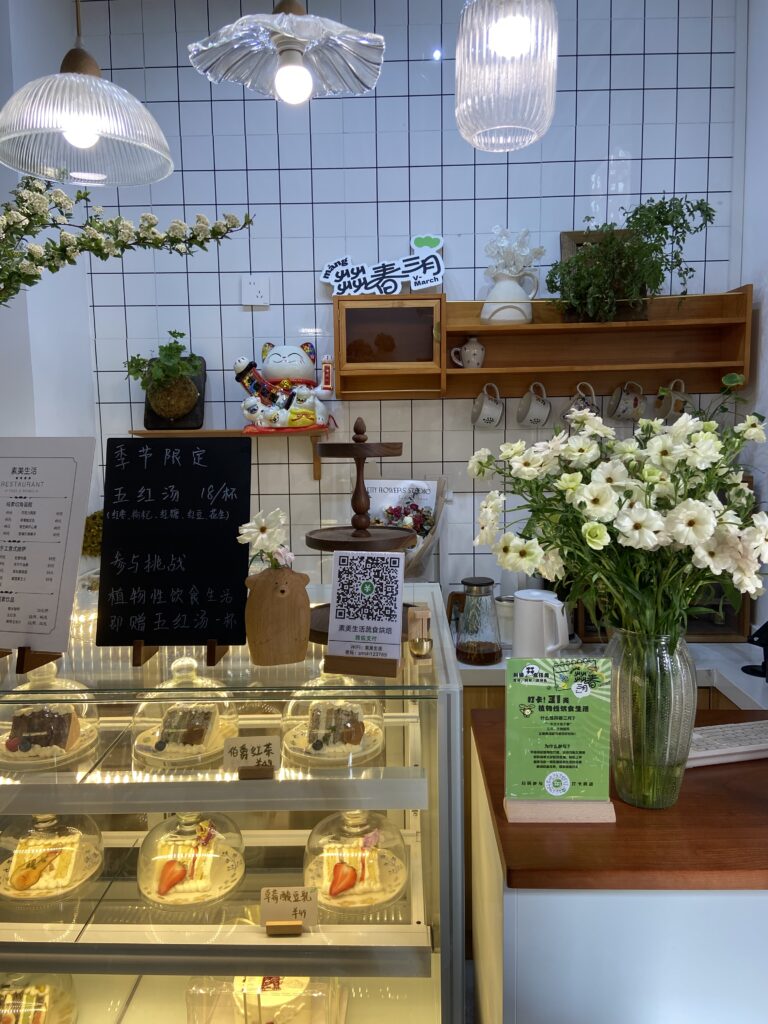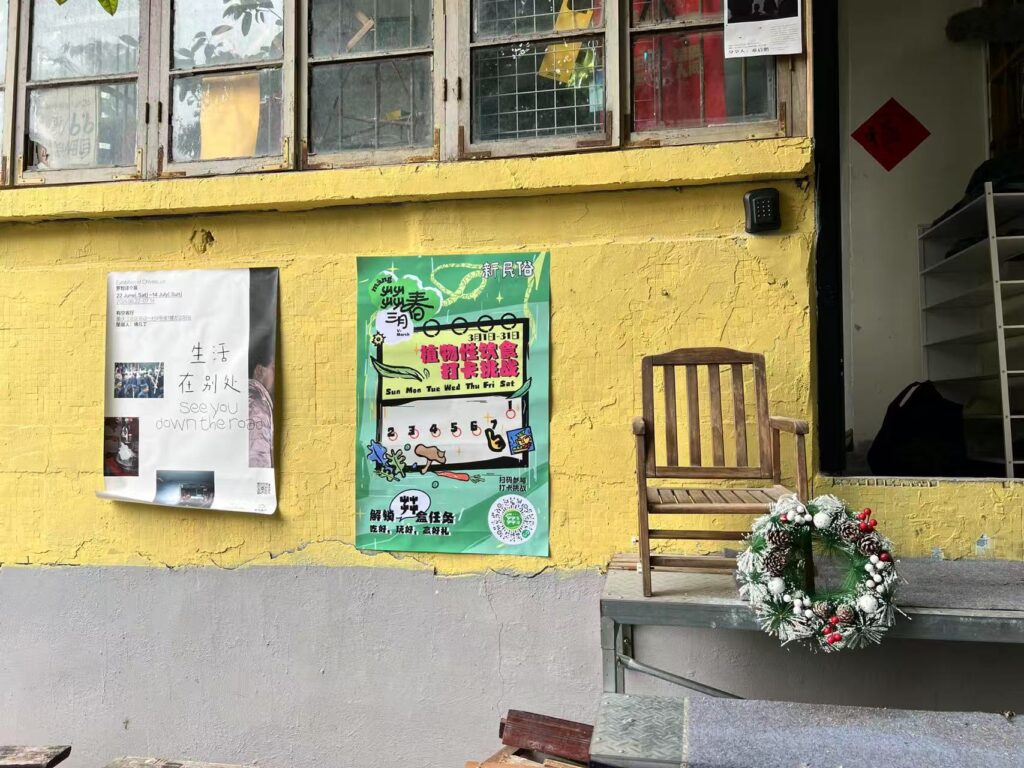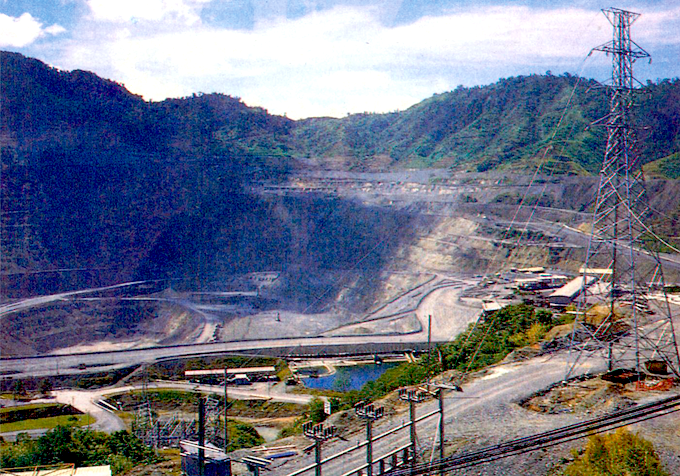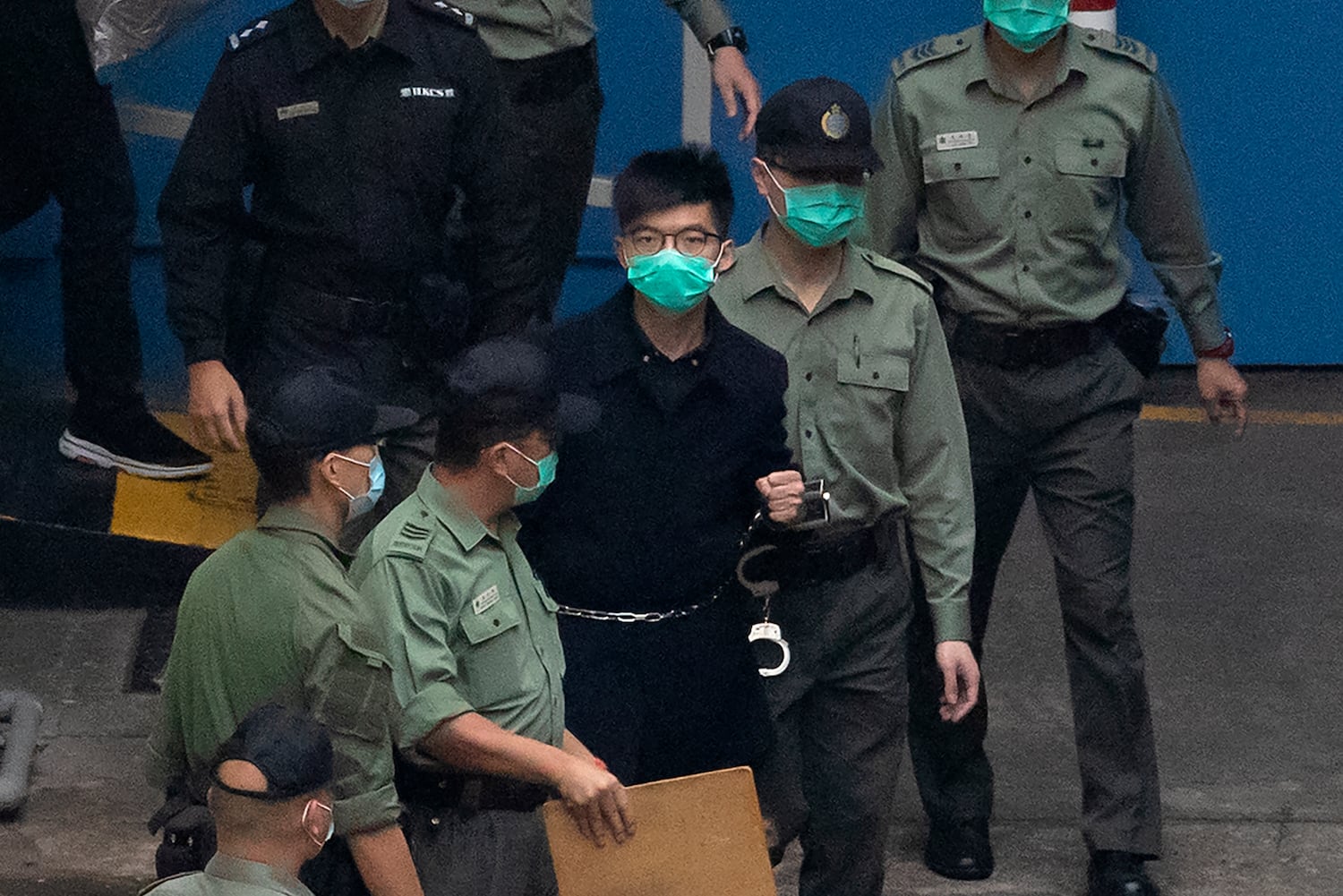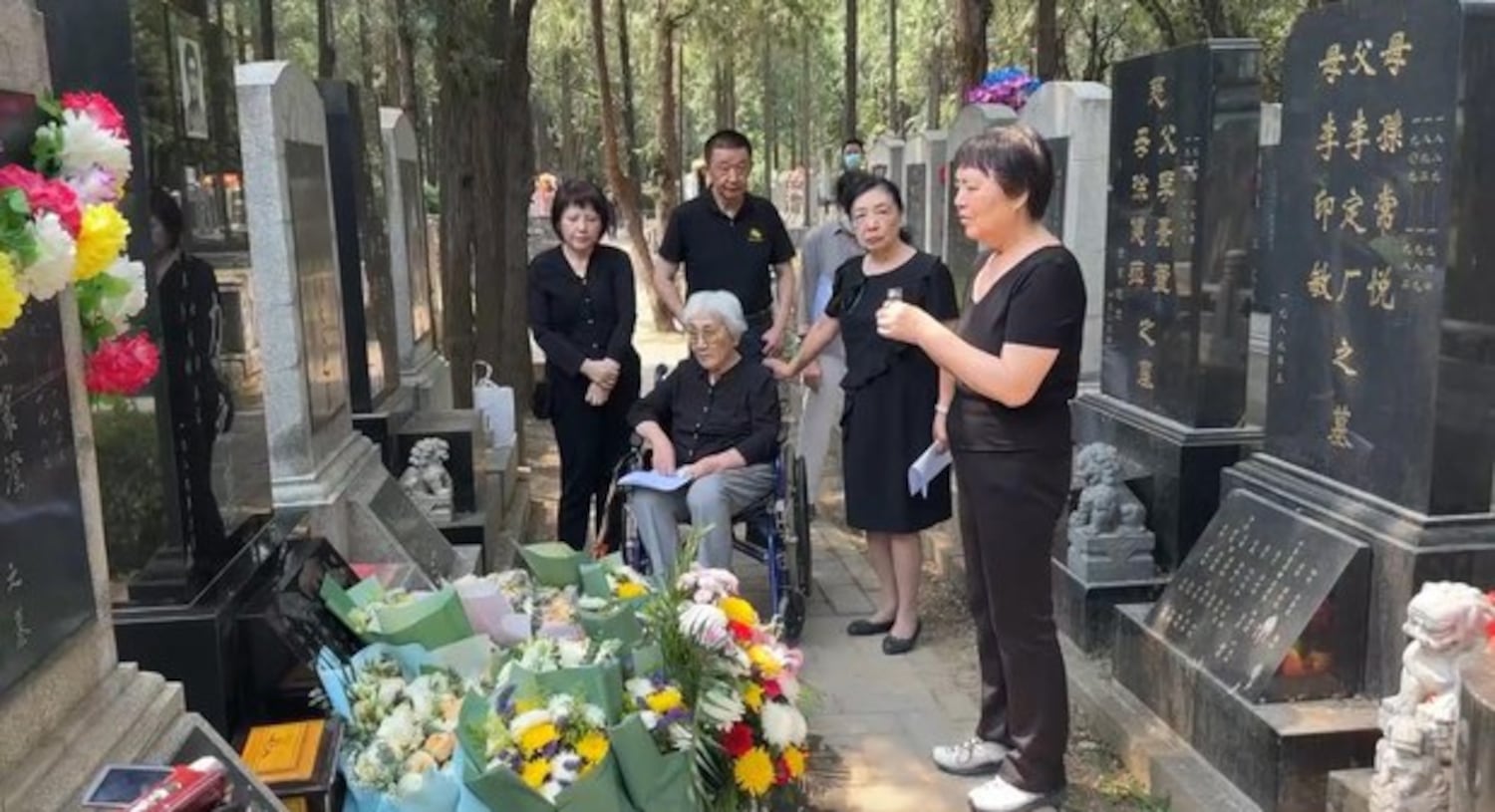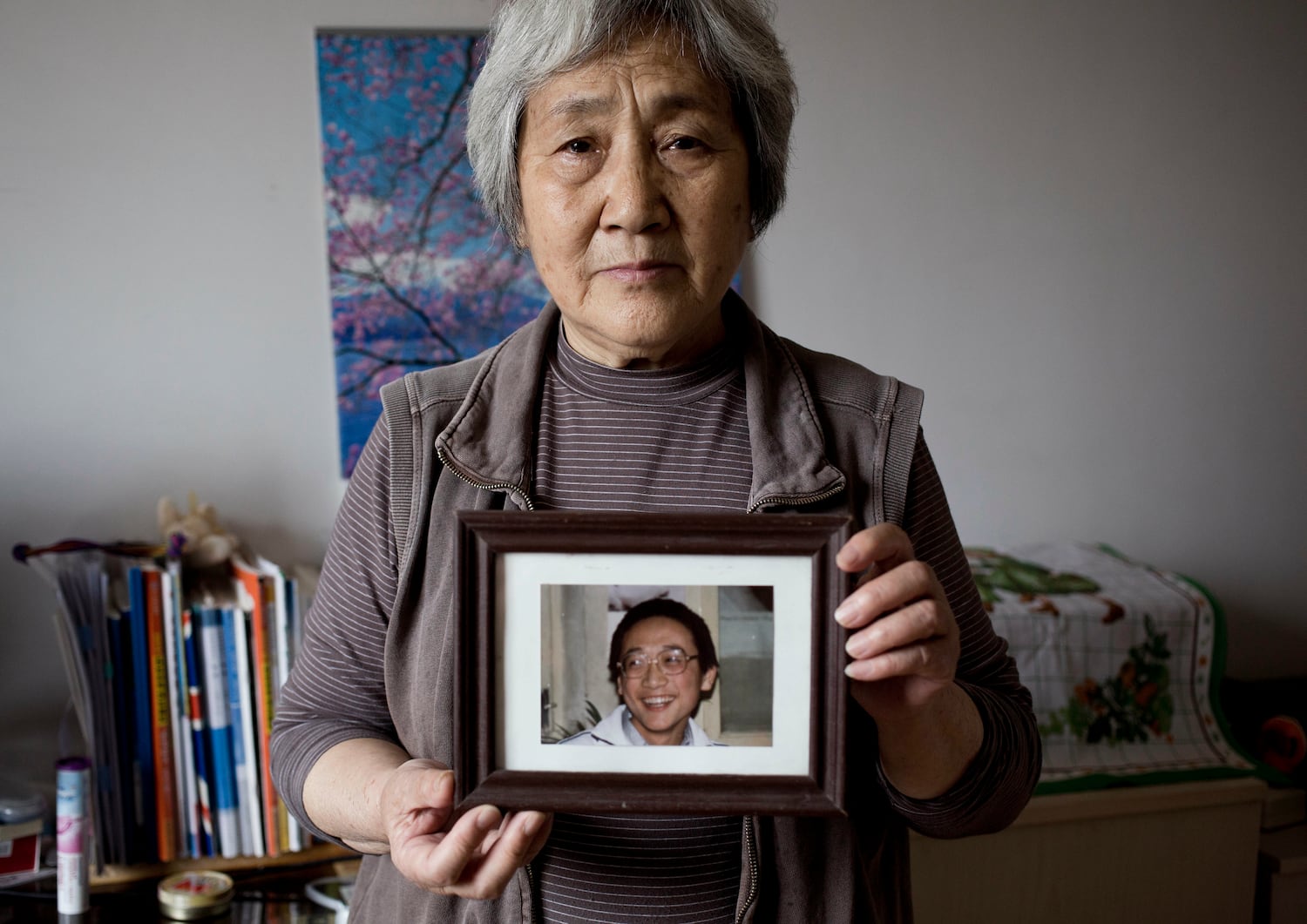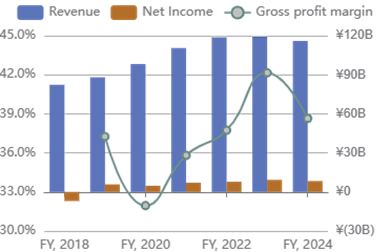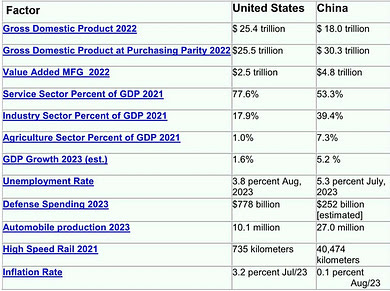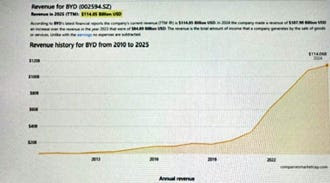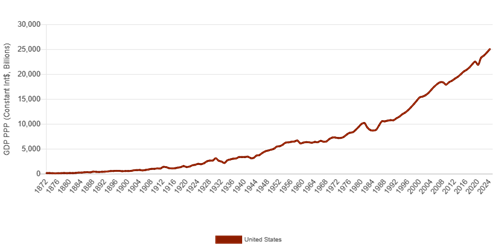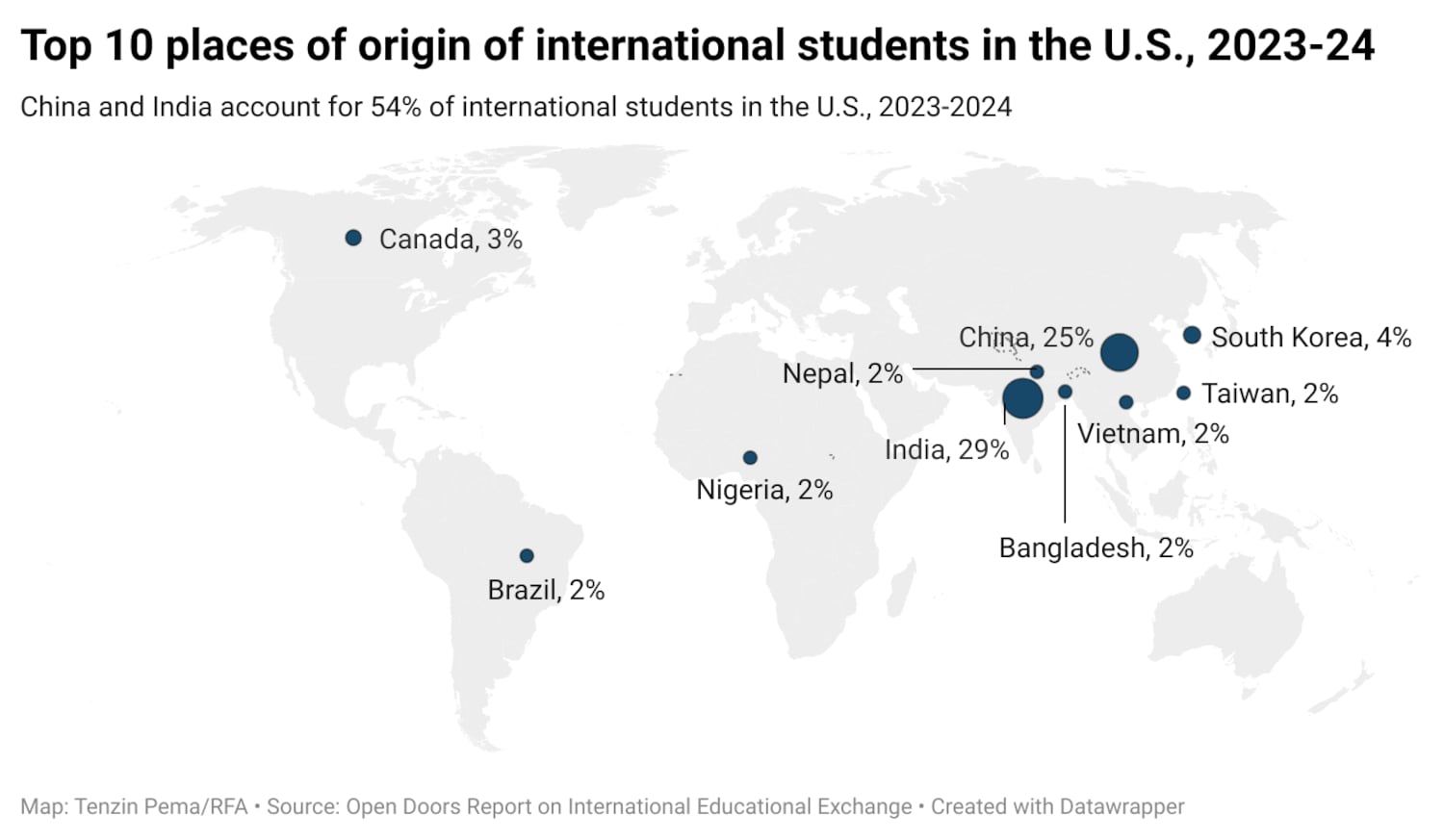A public opinion poll in 2023 found that 64% of likely United States voters thought that our government should officially recognize the Island of Taiwan as an independent nation, while a poll this year found that 82% of them believe that Taiwan “is” independent. A few months ago the U.S. State Department removed a line from their website stating that the US does not support Taiwan independence, triggering a rebuke from Beijing that this “sends a seriously erroneous message to the separatist forces” in Taiwan. Consistent with such views among U.S. citizens and State Department officials, the number of U.S. military personnel on Taiwan has increased recently. It was previously known that the number stationed there was 41; now, according to the testimony of retired Navy Rear Admiral Mark Montgomery on 15 May, there are approximately 500.
U.S. experts speak of war with China. The U.S. and China are apparently preparing for it (Peter Apps, “US Prepares for Long War with China that Might Hit Its Bases, Homeland,” Reuters, 19 May 2025). And according to opinion polls, a large percentage of Americans, if not the majority, do support using U.S. troops to defend Taiwan. Thus it is important in 2025 to understand Taiwan’s special status and U.S.-China relations.
The civil war between the Nationalist Party (Guomindang) and the Chinese Communist Party (CCP) continued intermittently from 1927 until 1949, when the Communists won control over mainland China. The war resulted in the premature deaths of millions of people, with a large portion of those non-combatants. In 1949 the head of the Guomindang, Chiang Kaishek (1887-1975), known today as “Jiang Jieshi” by most mainland Chinese speakers, retreated to the Island of Taiwan with the remnants of his forces and “established a relatively benign dictatorship” there, executing one thousand farmers, workers, intellectuals, students, labor union activists, and apolitical civilians during the White Terror in the 1950s. (Po Chien CHEN and Yi-hung LIU, “A Spark Extinguished: Worker Militancy in Taiwan after World War II [1945-1950],” Ivan Franceschini and Christian Sorace, eds., Proletarian China: A Century of Chinese Labour, Verso, 2022). The martial law that Jiang Jieshi imposed in 1949 lasted for nearly four decades, until 1987.
Under his reign there were two Taiwan Strait crises in which a hot war between the Guomindang and the CCP almost broke out. The most dangerous, in terms of the prospects for decent human survival, was probably the second crisis, in 1958. It almost resulted in a nuclear war, according to the late Daniel Ellsberg. At a point in time when U.S.-backed Jiang Jieshi aspired to take back all of China, the U.S. had a secret plan to “hit every city in the Soviet Union and every city in China.” The U.S. military was prepared to annihilate 600 million people, a “hundred Holocausts,” Ellsberg explained. Today the Island of Taiwan may or may not be the “most dangerous place on Earth,” as the Economist called it (Justin Metz, “The Most Dangerous Place on Earth,” The Economist, 1 May 2021), but given the constant tension between the People’s Republic of China (PRC) and the Republic of China (i.e., Taiwan) during the last three quarters of a century, the fact that the U.S. and the PRC are both nuclear powers, the fact that U.S. intelligence leaders have recently called the CCP the “most consequential threat” to U.S. national security, and the fact that the Trump administration is riddled with China hawks underscores how important it is, for our species as a whole, and especially for people in East Asia, that sincere agents of peace understand Taiwan.
Over the course of nearly half a century, Jiang Jieshi and his party received constant diplomatic support, weapons, and billions of dollars in aid from the U.S. Our government has recently even “quietly unfrozen about $870 million in security assistance programs for Taiwan.” With all this U.S. “support” for, or U.S. domination of, Taiwan, what does the word “sovereignty” mean in Taiwan’s case? And what does it mean for an island of 23 million people to prepare to fight with the PRC, with its population of 1.4 billion? How can Lai Ching-te say that they must prepare for war?
To understand the fight between the Republic of China and the PRC, and the intervening/interfering role of the U.S., one must have a basic understanding of the nature of this fight. A little study of the historical context in which Jiang Jieshi first seized power a century ago might help. This month marks 100 years since the start of the May Thirtieth Movement, when Chinese workers stood up against the imperialism of the West and Japan, while at the same time taking on the greedy business class and the power-hungry warlords of China.
Chinese Workers Struggle for Dignity in 1925
Back in 1925, Shanghai was known as “the Paris of the East,” and like Paris, it was a place where the rich could have fun as they liked and the poor had to suffer as they must. The workers of Shanghai suffered the injustices of colonialism and racism. Rich Europeans and Japanese colonizer-parasites had carved up the city and set up their own “International Settlement,” that they, rather than the Chinese, governed. This Settlement allowed them to live among and exploit the local laborers even as they disrespected them with the pejorative “coolies.” Some Japanese said they were “worthless” and called them “foreign slaves” (S.A. Smith, Like Cattle and Horses: Nationalism and Labor in Shanghai, 1895-1927, Duke UP, 2002, page 163).
Shanghai had been a frequent site of labor “unrest” for some time. It was not a coincidence that the Chinese Communist Party (CCP) had been founded there in 1921. Early in 1925 a Japanese company that owned a cotton mill had rejected an agreement made by the striking workers and a mediation board. The conflict reached a head on the 15th of May that year when the managers of the mill locked out the workers and stopped paying their wages. (Apo Leong, “From the May Thirtieth Movement to the Canton Strike,” Proletarian China: A Century of Chinese Labour). In this conflict, Japanese supervisors physically beat several workers and one foreman shot and killed a 20-year-old worker, a Communist, by the name of Gu Zhenghong.
This was not the first time that foreign bosses had murdered Chinese workers, but it was said that “Japanese capitalists treat Chinese laborers like cattle and horses” (S.A. Smith, Like Cattle and Horses 164). Many people, not only workers and students but also Chinese business persons, were fed up that year, in 1925. On the 30th of May nearly 10,000 demonstrators marched through the streets of Shanghai to the International Settlement where the British, French, Japanese, and other privileged foreigners lived. It was guarded by foreign soldiers and police. (Leong, “From the May Thirtieth Movement…”). The British chief of police gave orders to fire on the protesting workers and students, and thirteen people were killed, shot at “point-blank range” (Working Class History, PM Press, 2020, page 111-12). Dozens were injured. This triggered what is known today as the May Thirtieth Movement. Through the cooperation of workers, students, and many Chinese businesses, a general strike was organized in Shanghai. There were at least 135 solidarity strikes in other regions. (Leong, “From the May Thirtieth Movement…”).
By one estimate, there were already 84,000 unionized workers in Shanghai at this time and many unions had contributed to building worker solidarity (Smith, Like Cattle and Horses 154). Up until the May Thirtieth Incident, the Shanghai Federation of Syndicates (SFS) had been a leading labor organization, if not the leading organization in Shanghai. It had been established in 1924, mainly by right-wing members, but also by many anarchists, such as Shen Zhongjiu (1887–1968), the editor of the anarchist journal Free Man (Ziyou ren) and later the chief editor of Revolution (Geming). Anarchism was the “central radical stream” in China after the First World War. And there had been a “long-standing indigenous libertarian tradition” in China (Peter Marshall, Demanding the Impossible: A History of Anarchism, PM Press, 2010, page 519).
Many SFS labor activists distrusted the Communist Party because they felt that CCP intellectuals tried to speak for the workers. The SFS had a “vaguely anarchist orientation,” but did not espouse federalism. (Smith, Like Cattle and Horses 155-59). Chinese anarchists in general, regardless whether they were members of SFS, had vocally opposed the CCP’s statist goals and promotion of “proletarian dictatorship” and “iron discipline.” But the fledgling CCP was on the ball. They “instantly launched a campaign calling for solidarity with the textile workers, a boycott of Japanese products, and a public funeral” for Gu Zhenghong (Leong, “From the May Thirtieth Movement…”).
In the city of Guangzhou, already an industrial center near Hong Kong then, anarchists had established at least 40 unions by 1921, and had been collaborating since 1924 with the Guomindang labor leaders in the syndicalist movement. The Guomindang was founded in 1924 by Sun Yat-sen (1866-1925) in Guangzhou, and many anarchists and communists had collaborated with them for years. In May 1925 the “Second National Labour Conference” was held in Guangzhou. The All-China Federation of Trade Unions (ACFTU) was established, representing 166 trade unions and 540,000 members. It was a national umbrella organization that functioned as a platform to coordinate different forces among workers, including non-party actors. After the Shanghai Massacre, the ACFTU called for a demonstration on 2 June and a solidarity strike. In the wake of the Massacre, many more workers joined unions (Leong, “From the May Thirtieth Movement…”).
Union leaders organized a strike in Guangzhou and in nearby Hong Kong. This strike began on 19 June. Soon, 250,000 workers hand had joined and many students in Hong Kong were also mobilized. In fact, half the labor force of Hong Kong was on strike, paralyzing the city. By the 21st of June, there was a full embargo against the foreign powers, and on the 23rd of June, a public procession in solidarity with the May Thirtieth Movement. The joint foreign security force with police from multiple countries opened fire on students and killed fifty-two people.
1925 was the beginning of a period of very active worker resistance, that is sometimes called the “Revolution of 1925-1927.” It was a time of many large uprisings, often or usually very violent, and a time of dedicated labor organizing. Through this revolution, Chinese workers regained some dignity, but true liberation was put on the back burner. According to the historian Gotelind Müller, “the CCP worked on Comintern instructions in a united front with the Guomindang, an authoritarian party populist in rhetoric but tied in practice to defending the interests of China’s business groups and rural elites. The terms of the alliance required the CCP’s subordination to the Nationalist [i.e., Guomindang] leaders and the submersion of its membership.” She explains that, just as with anarchists elsewhere, “Chinese anarchists were at first sympathetic to the Bolsheviks but by the mid-1920s they saw the regime in Moscow as oppressive.”
Meanwhile, Mao Zedong knew that something was happening, and he became very interested in this movement in the summer of 1925 (Rebecca Karl, Mao Zedong and China in the Twentieth Century World, Duke UP, 2010, page 29). In addition to labor unions in the city, peasant unions were also forming, appearing in Hunan and surrounding provinces. Mao saw revolutionary potential among them, even more than among workers in the cities. This put him in opposition to the orthodox Marxist approach.
A Year of Strikes: 1926
There were even more strikes in 1926 than in 1925, and some of the rulers of China resorted to violence to keep them down. “During 1926 in Shanghai there were, according to one official survey, 169 strikes affecting 165 factories and companies and involving 202,297 workers.” Half of them were “wholly or partially successful.” (Harold Isaacs, The Tragedy of the Chinese Revolution, 1938). In May 1926 the Third Labor Congress was held in Guangzhou, with the participation of 699 labor organizations, who claimed to represent 1.24 million workers.
And it was at this point, when things were going so well for the workers, that Jiang Jieshi started abandoning them and dismissed his Soviet advisors (Dennis Showalter, “Bring in the Germans,” The Quarterly Journal of Military History 28:1, page 60). It was the Soviets who had urged the Communists of China to work with the Guomindang.
On 18 March, there was a massacre of anti-imperialist protesters in front of Beiyang Government headquarters. The Beiyang Government was run by warlords like Duan Qirui (1865-1936), who was tight with Japan. They were the main government of China between 1912 and 1928, and were based in Beijing.
Among those injured during the 18 March massacre was the leader Li Dazhao (1889-1927), who had co-founded the CCP with Chen Duxiu (1879-1942). Chen Duxiu had also founded the progressive journal New Youth (Xin Qingnian) in 1916, advocating human rights, democracy, science, and even Esperanto. Influenced by the October Revolution, it was openly promoting communism in 1920.
The great writer Lu Xun, who is often credited with modernizing Chinese literature, wrote about the March 1926 massacre in some detail in “In Memory of Miss Liu Hezhen.” Lu Xun wrote, “On March 18 in the fifteenth year of the Republic of China, Duan Qirui’s government ordered guards with guns and bayonets to surround and slaughter the unarmed protesters in front of the gates of the State Council, the hundreds of young men and women whose intent was to lend their support in China’s diplomatic dealings with foreign powers. An order was even issued, slandering them as ‘mobsters’!” (Lu Xun, “In Memory of Liu Hezhen,” Jottings Under Lamplight, Harvard UP, 2017, page 72).
Meanwhile in June, Jiang Jieshi was put in charge of the Northern Expedition aimed at removing the warlords from power and unifying the country.
Jiang Jieshi’s 1927 Slaughters
In 1927 rich men slaughtered workers like never before. Early on, the CCP suspected that something was up. On 26 January an internal Party memo read, “The most important problem which requires our urgent consideration at the moment is the alliance of foreign imperialism and the [Guomindang] right wing with the so-called moderate elements of the [Guomindang], resulting in internal and external opposition to Soviet Russia, communism, and the labor and peasant movements” (Michael D. Wilson, United States Policy and the Nationalist Revolution in China, 1925-1928, UCLA dissertation, 1996, page 121). The Communists knew that the Guomindang was allied with the “Powers,” i.e., the empires of the West and Japan. Yet they still encouraged workers to trust the Guomindang.
Around this time in early 1927, a powerful Communist-led union called the Shanghai General Labour Union (GLU) launched two insurrections. Their first insurrection was a general strike from the 19th to the 22nd of February, and their second was a strike supported by an armed militia from the 21st to 22nd of March. The strike in February “shut post offices, all cotton mills, and most essential services” (S.A. Smith, “The Third Armed Uprising and the Shanghai Massacre,” Proletarian China: A Century of Chinese Labour, and Working Class History 41). This contributed greatly to the popularity of both the Guomindang and the CCP in Shanghai.
For their second insurrection in March, the GLU’s plan was “to take control of the city first and then welcome” Jiang Jieshi. But the British, the Americans, and the Japanese in Shanghai already knew the script. Written in 1938, Harold Isaacs’ historical account got to the heart of the matter:
The prevailing attitude among them during those early weeks of 1927 seemed to be to hear and protect the evils they had rather than fly to others they knew not of. For to your foreign business man, banker, soldier, consul, and missionary, this incomprehensible unrest, these endless slings and arrows for which they were the quivering targets, seemed the blows of a universally outrageous fortune. They could not make out who were the hares and who the hounds. So they barricaded their settlements behind gates and barbed wire. From overseas came regiment after regiment and whole fleets to protect them against all contingencies. Only the keenest among them understood from the beginning that their bread was buttered on the same side as that of the Shanghai bankers and oriented themselves accordingly. They knew Chiang Kai-shek [Jiang Jieshi] as a politically-minded militarist who wore a coat of many colours. If the Shanghai bankers were ready to back him, they knew they could follow suit. Only the workers of Shanghai stood between them and the consummation of the deal. Chiang’s coming would remove this obstacle. Thus by February when Chiang’s troops advanced into Chekiang, the situation was vastly clarified for all concerned except the workers and the Communist leaders for whom Chiang still remained the hero-general of the revolution. (Harold Isaacs, The Tragedy of the Chinese Revolution, 1938).
But as evidenced by the quote from the CCP internal Party memo, the Communist leaders, too, knew what was happening, that Jiang Jieshi was not on their side.
“On 21 March between 600,000 and 800,000 workers struck in demand for an end to militarist rule of the city. Among the workers who played key roles were the printers, postal workers, and mechanics. Several thousand radicals also formed an armed militia that occupied key sections of the city” (St. James Encyclopedia of Labor History Worldwide: Major Events in Labor History and Their Impact).
On the same day that these Communist supporters of Jiang Jieshi launched their violent take-over of Shanghai, Guomindang troops took control of the City of Nanjing, attacked foreigners and looted foreign property there, “including the American, British, and Japanese consulates.” (Wilson, United States Policy and the Nationalist Revolution in China, 1925-1928, page 111). Foreigners were frightened by these attacks and they blamed it on communists, not on Jiang Jieshi. “Actually, however, the nationalists [i.e., Guomindang] were the perpetrators of this series of attacks on foreign civilians. Some foreign officials, such as the Japanese Consul General, thus advised [Jiang Jieshi] to crack down on the radical elements in the city” (St. James Encyclopedia…). This is remembered as the “Nanking Incident of 1927.”
On 22 March, the stage was set for the great betrayal and a years-long bloodbath. On that day, a subordinate of Jiang Jieshi, called off the strike in Shanghai and ordered the suppression of the labor unions and other radical groups (Wilson 110). With thousands of soldiers in toe and at his command, Jiang Jieshi himself arrived on 26 March and began meeting with members of the local Guomindang, the Shanghai business community, and the gangsters. He was promised financial support “if he broke from the communists and pledged to ‘regulate’ the relationship between labor and capital” (St. James Encyclopedia…).
April 1927: Let the Reign of Terror Begin
Jiang Jieshi agreed with these parasitic foreigners that the changes being proposed by the workers and the Communists were too radical. “It should have come as no surprise to anyone that [Jiang Jieshi] decided to move against the radicals, as he had already done so in several other cities in late March” (St. James Encyclopedia…), but many Chinese workers as well as French, German, and Russian communists continued to believe in him.
After the Guomindang’s attack on Westerners and Japanese in Nanjing (i.e., the Nanking Incident of March 1927), Jiang Jieshi started to seek support from Japan and the U.S. rather than the USSR and the CCP (Wilson 33, 72, 134).
Jiang Jieshi viewed the success of the peasants and the workers as a threat to his party’s political, military, and social control, and this is one reason why he initiated the April 12th Shanghai Massacre, in which the Guomindang slaughtered communists in Shanghai and other places. According to Vincent Kolo, the “capitalist class and rural landowners whose sons were well represented in the officer corps of the [Guomindang] armies grew fearful of the increasingly radical demands of the working class (for shorter work hours and against the terror regime in many factories) and the peasantry (for land reform and against the crushing taxes of the landlord class)” (Kolo, “90 Years since Chiang Kai-shek’s Shanghai Massacre,” Chinaworker.info).
On 5 April Jiang Jieshi “instituted martial law and ordered the disarming of all bearers of arms not properly registered with the Nationalist Army” (Wilson 123). On the 11th, Wang Shouhua [the President of the GLU] was thrown in a sack and “buried alive” (Smith, “The Third Armed Uprising”). By the morning of the 12th, the worker militias “had been crushed,” according to historian S.A. Smith. That day, Jiang Jieshi hired hundreds of armed gangsters to massacre labor leaders and communists (Wilson, page 124).
Even so, the tenacious workers, led mainly by the GLU, called a general strike for the 13th of April. “240,000 workers walked out” (Smith, “The Third Armed Uprising”). Machine gunners opened fire on their parade. “Attackers” engaged in “stabbing, shooting, and clubbing the panic-stricken crowd.” One hundred were killed. But even on the 14th, the majority of striking workers did not give up.
By the 15th, the GLU estimated that three hundred trade union activists had been killed. It is estimated that by the end of the year, two thousand “Communists and worker militants” had lost their lives. The Guomindang killed “thousands of worker activists” in Shanghai, Wuhan, and Guangzhou (Leong, “From the May Thirtieth Movement…”). “Over the following twelve months, more than three hundred thousand people would be killed in the Guomindang’s anti-communist purges” (Working Class History 80-81).
The police of “Qingbang and Hongbang brutally executed the captured communist and union members by slaughtering them and putting them in the crater of a locomotive.” (“4.12 Shanghai Coup,” Namuwiki, 15 April 2025). Communists refer to the following years of Guomindang massacres as the “White Terror.” By one estimate, this White Terror resulted in the deaths of one million people (Karl, Mao Zedong and China in the Twentieth-Century World 33). Enabled by the governments of the U.S. and other countries, Jiang Jieshi began in 1947 another White Terror on the Island of Taiwan. It did not end until 1987.
This is the way that Jiang Jieshi thanked the peasant and worker revolutionaries who had propelled his party to power. His rewards for this great achievement of “unifying” the nation included generous financial support from the business class of Shanghai (David Lowe, “Generalissimo,” The Weekly Standard 9:27:22, page 43), lots of help of various kinds from the Powers of the West and Japan, and recognition from the Empires that he was the legitimate ruler of China.
With his solid track record of bullying into submission Chinese workers, the U.S. showered Jiang Jieshi with treasure for decades, until his death in 1975. The U.S. was the first foreign country to step forward and grant recognition to his new regime (in 1928), and soon the U.S. would begin supporting him financially and militarily, too, even when informed U.S. observers, such as John King Fairbank (1907-91) labeled his Party as “proto-fascist.” For Fairbank, the Guomindang were a “small political group holding tenaciously to power…with hopes of using industrialization as a tool of perpetuating their power and with ideas which are socially conservative and backward-looking” (Wilson 2).
Yokomitsu Riichi, the Japanese ultra-rightist author who wrote the novel Shanghai (1931), presented in that story a surprisingly similar picture of the political and economic situation of China, a country where parasites of the West, Japan, and even China committed state violence against them and stole the fruits of their labor. For example:
He [Sanki] fell silent. He had detected the strength of will of the authorities who had hired Chinese to kill Chinese.
[Fang Qiu-lan, a woman to whom Sanki is attracted and a Communist who organizes workers in Japanese textile factories:] “That’s right. The craftiness of the British authorities isn’t new. The history of the modern Orient is so filled with the crimes of that country that if you tried to add them up, you’d be paralyzed. Starving millions of Indians, disabling Chinese with the opium trade. These were Britain’s economic policies. It’s the same as using Persia, India, Afghanistan, and Malaysia to poison China. Now we Chinese must resist completely.” (Yokomitsu Riichi, Shanghai: A Novel by Yokomitsu Riichi, Dennis Washburn, trans., Center of Japanese Studies, University of Michigan, 2001, page 153).
Since 1950, the United States has sold Taiwan nearly $50 billion in “defense equipment and services, with a number of large sales during recent U.S. administrations.” Is this how we deliver “power to the people” and peace in East Asia? Were we promoting industrial democracy by increasing the wealth and power of Jiang Jieshi even after he committed massacres of Chinese workers with impunity? Don’t the people of Taiwan, the vast majority of whom are Han Chinese, deserve credit for sprouting democracy even under the sun-starved, U.S.-backed dictatorship of Jiang Jieshi? Where in the U.S. is there any recognition of the crimes that the U.S. committed against the Han Chinese and other ethnic groups of Taiwan and the rest of China? How solid is the foundation on which the current President Lai Ching-te stands, the man who called himself a “pragmatic worker for Taiwan independence” in 2017? When we spend 250 million U.S. dollars on an upgrade on our “informal,” 10-acre embassy in Taiwan, is that an example of how we adhere to our One China policy? Even merely with the foregoing brief exploration of the history of the obvious class struggle in China a century ago, and quick examples of U.S. support for Jiang Jieshi’s attacks on the working class of China, one can see that U.S. dollars were spent on death, destruction, and tyranny rather than on democracy and peace.
The post
A Sketch of the Origins of Jiang Jieshi’s Relationship with the United States first appeared on
Dissident Voice.
This post was originally published on Dissident Voice.
